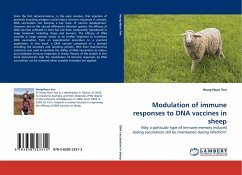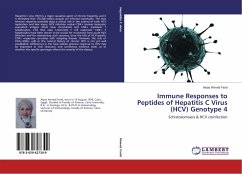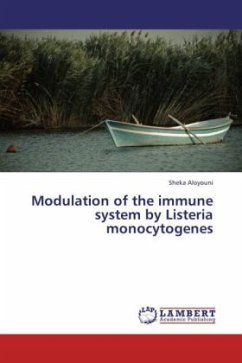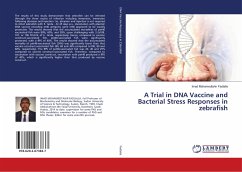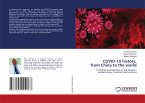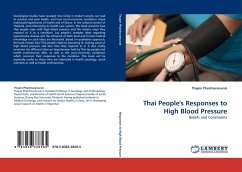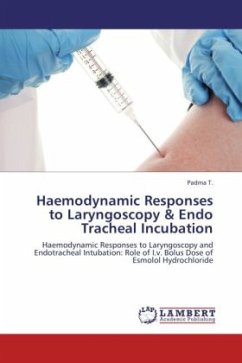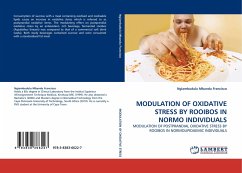Since the first demonstrations, in the early nineties, that injection of plasmids encoding antigens could induce immune responses in animals, DNA vaccination has become a key topic of vaccine development. However, due to the natural differences between species, the efficacy of DNA vaccines achieved in mice has not been comparably reproduced in large mammals including sheep and humans. The efficacy of DNA vaccines in large animals needs to be further improved to transform DNA vaccination from an experimental procedure to a practical application. In this book, a DNA vaccine composed of a plasmid encoding the excretory and secretory protein, NPA from Haemonchus contortus was used to examine the ability of DNA vaccination to induce and modulate immune responses in sheep. Results of the studies in this book demonstrate that the modulation of immune responses by DNA vaccination can be achieved when suitable strategies are applied.
Bitte wählen Sie Ihr Anliegen aus.
Rechnungen
Retourenschein anfordern
Bestellstatus
Storno

